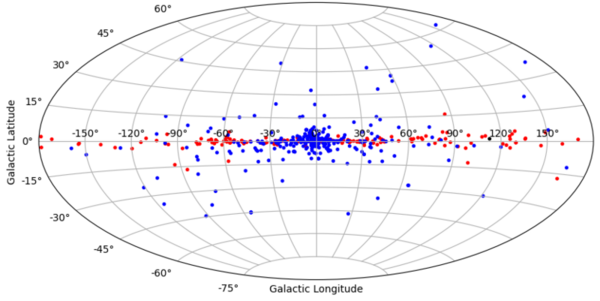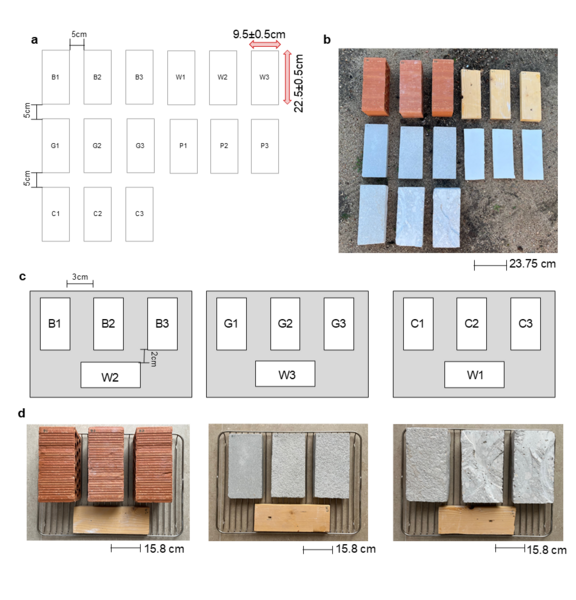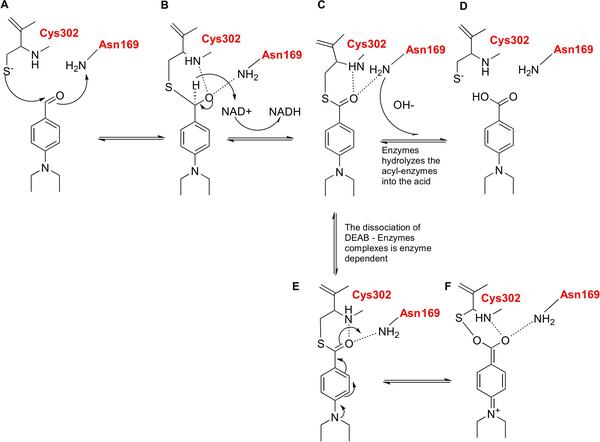
The authors developed a quantum inspired model for stock market fluctuations.
Read More...Quantum-inspired neural networks enhance stock prediction accuracy

The authors developed a quantum inspired model for stock market fluctuations.
Read More...Nonthermal nitrogen fixation with air and water by using a low-pressure plasma
Unraveling individuality in dance through weight distribution analysis of Nihon Buyo dancers

The author looked at how dance styles can vary by individuals, even between a student and their teacher.
Read More...Analysis of quantitative classification and properties of X-ray binary systems

The authors looked at variables and their patterns and how those contribute to the properties of X-ray binaries.
Read More...Ultraviolet exposure and thermal mass variation on surface temperature responses in building materials

The authors studied the response of various construction materials to UV solar radiation and heat.
Read More...Fire detection using subterranean soil sensors
The authors looked at how soil temperature changes with fire to develop a sensor system that could aid in earlier detection of fires.
Read More...Predicting the spread speed of red imported fire ants under different temperature conditions in China

The authors looked at non-natural factors that influenced the spread rate of fire ants in multiple cities in China.
Read More...Using advanced machine learning and voice analysis features for Parkinson’s disease progression prediction

The authors looked at the ability to use audio clips to analyze the progression of Parkinson's disease.
Read More...In silico screening of DEAB analogues as ALDH1 isoenzymes inhibitors in cancer treatment

The authors computationally screened potential ALDH1 inhibitors, for use as potential cancer therapeutics.
Read More...Practical applications of the Fourier analysis to identify pitches and synthesize sounds in music
In this study the authors looked at the ability of the Discrete Fourier Transform (DFT) to analyze different musical elements. They found that DFT is a powerful method to analyze recorded music.
Read More...